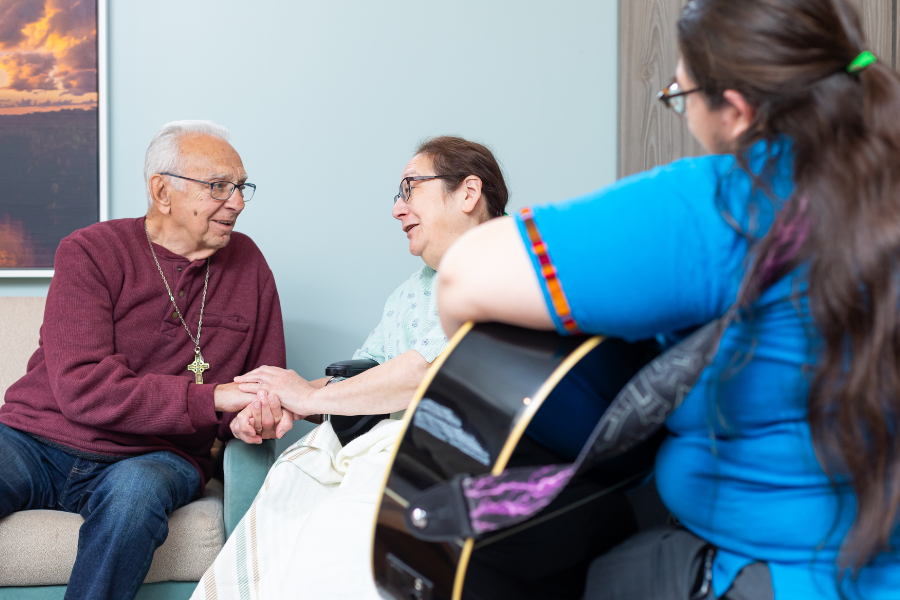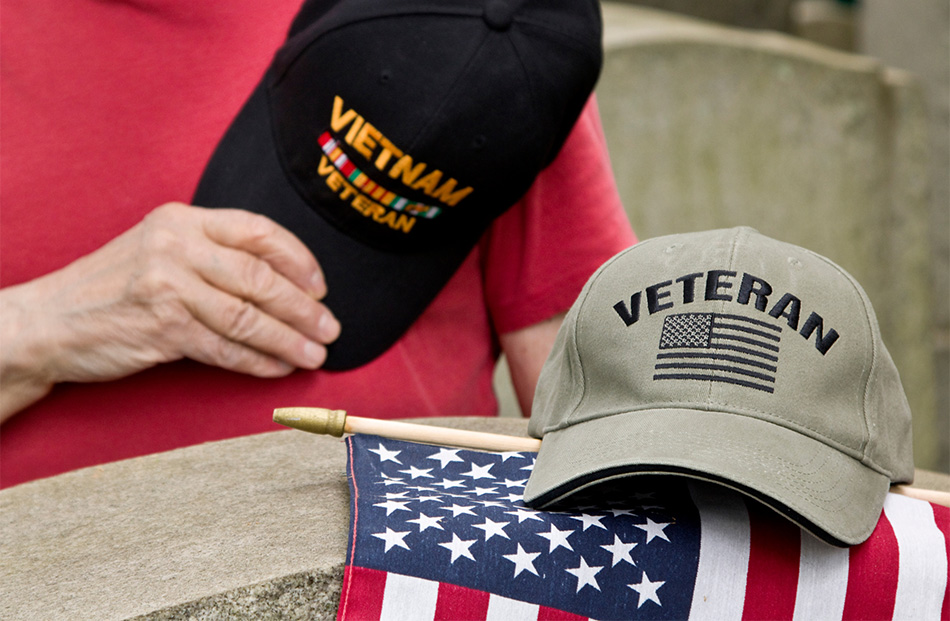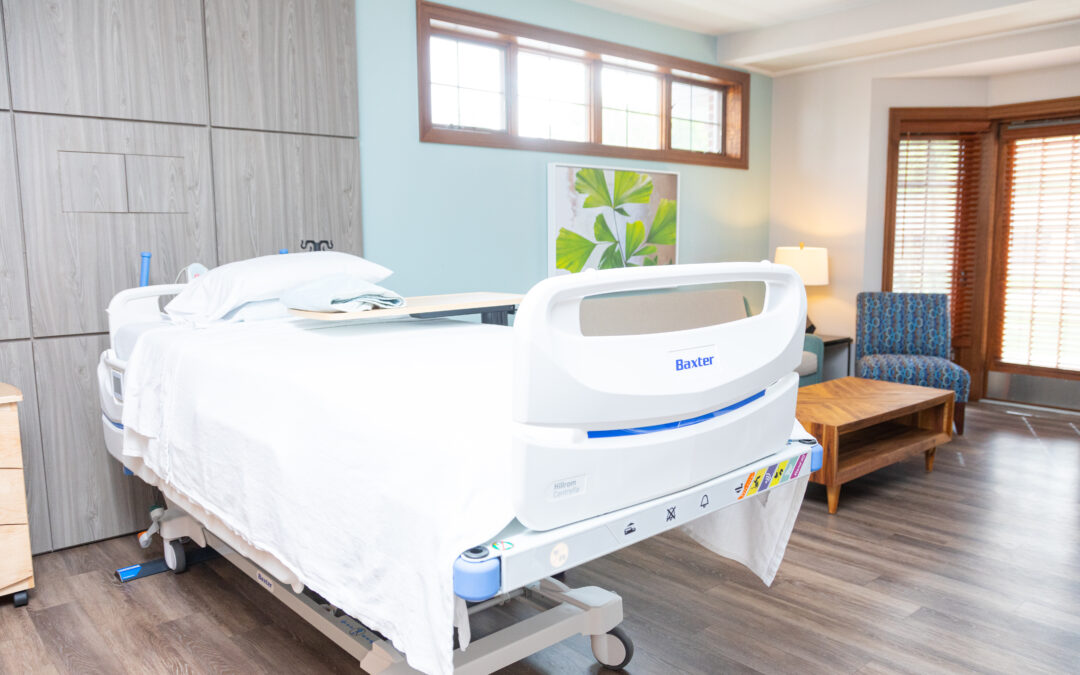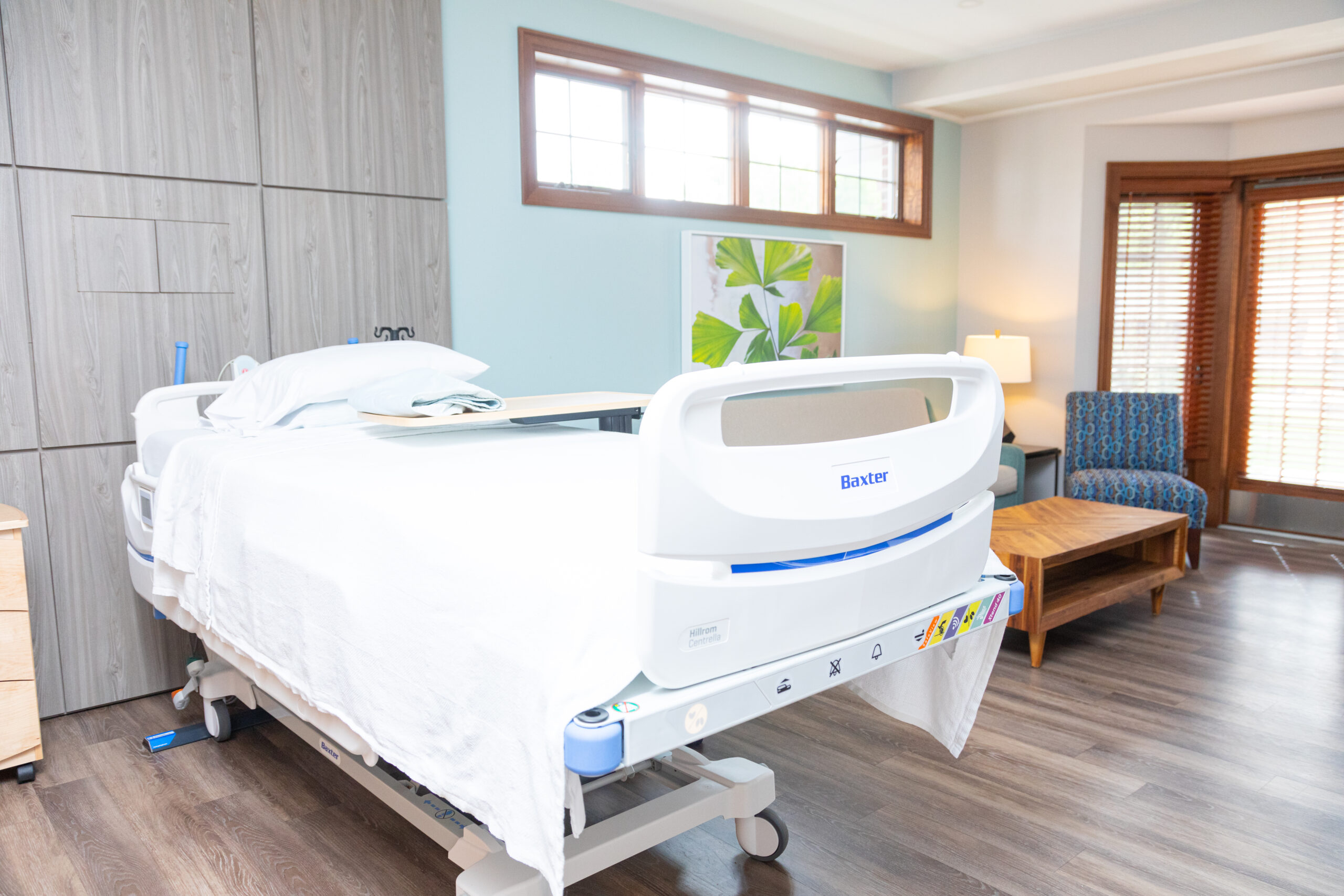
How Serious Illness (Palliative) Care Empowers Those Living with Breast Cancer
Supporting the Journey: How Serious Illness (Palliative) Care Empowers Those Living with Breast Cancer

Every October, the world turns pink for Breast Cancer Awareness Month — a time to celebrate survivors, remember those we have lost, and renew our commitment to early detection and comprehensive care. Yet behind the ribbons and fundraising walks lies another essential part of the breast cancer journey — one that deserves more attention: Serious Illness Care, also known as palliative care.
What Is Serious Illness Care?
Serious Illness Care is a specialized approach focused on improving the quality of life for individuals living with serious illnesses like breast cancer. It is not limited to end-of-life support — in fact, it can begin at diagnosis and continue alongside active treatments such as chemotherapy, radiation, or surgery.
At its heart, Serious Illness Care provides an extra layer of support from a multidisciplinary team of doctors, nurse practitioners, social workers, and other professionals who partner with a patient’s oncology team. Together, they manage symptoms, ease emotional distress, and help patients and families navigate complex medical decisions with clarity and compassion.
For those living with breast cancer, this care may include:
- Relief from pain and symptoms such as fatigue, nausea, breathlessness, or neuropathy
- Emotional and spiritual support helps cope with anxiety, depression, and uncertainty.
- Guidance to make treatment decisions aligned with personal goals and values.
- Support for families and caregivers who face their own emotional and practical challenges.
Palliative care complements — not replaces — oncology treatments. Patients can receive this support at any stage of their illness, helping them live as fully and comfortably as possible.
Why Serious Illness Care Matters
A breast cancer diagnosis changes everything. Treatment can bring physical exhaustion, emotional strain, and countless unknowns. Serious Illness Care steps in to ease that burden and restore balance — addressing the person, not just the disease.
- Managing Pain and Side Effects
Expert symptom management and integrative therapies such as massage or relaxation techniques reduce discomfort, allowing patients to focus on healing and living well. - Emotional Healing and Resilience
Serious Illness Care teams support patients and families through fear, grief, and uncertainty — ensuring no one walks this path alone. - Clarity and Communication
Specialists help patients understand their options and make informed choices that reflect their wishes, values, and quality-of-life goals. - Family Support
Loved ones often shoulder heavy caregiving and emotional responsibilities. Serious Illness Care provides them with guidance, respite, and counseling to sustain their strength and hope.
Honoring Breast Cancer Awareness Month — and Expanding the Conversation
October is more than a symbol of awareness — it is a call to action. Beyond early detection, we must also champion care that nurtures comfort, dignity, and connection at every stage of the journey.
By embracing Serious Illness Care, we ensure that those living with breast cancer receive not only expert medical treatment but also the emotional and spiritual care that makes each day more meaningful.
At Lightways Hospice and Serious Illness Care, we bring light into life’s most challenging times — offering relief, understanding, and hope to patients and families across our community.
This October, as we wear our pink ribbons, let us also raise our voices for Serious Illness Care — an essential part of treatment, healing, and living better through breast cancer.
Information
For more information, contact Lightways Hospice and Serious Illness Care at 815.740.4104.





